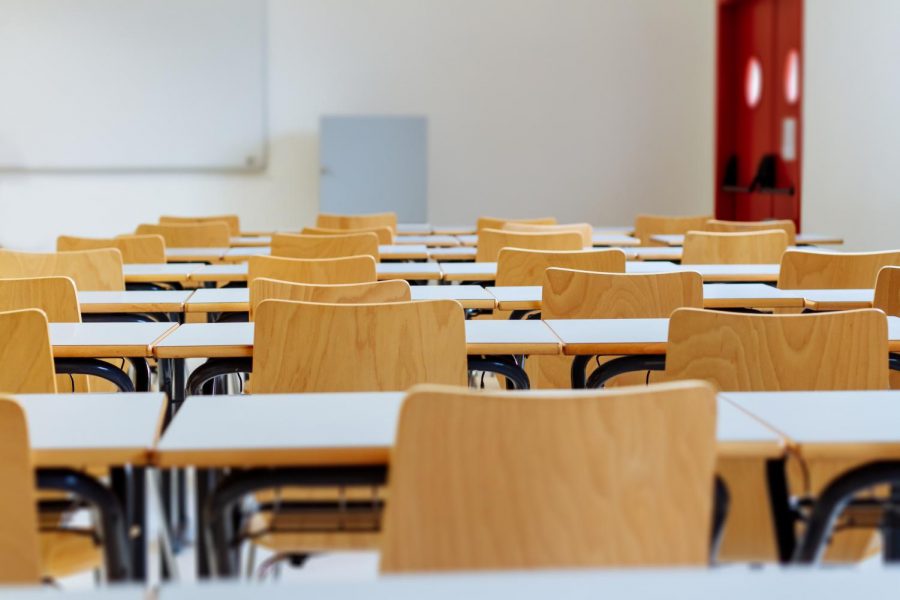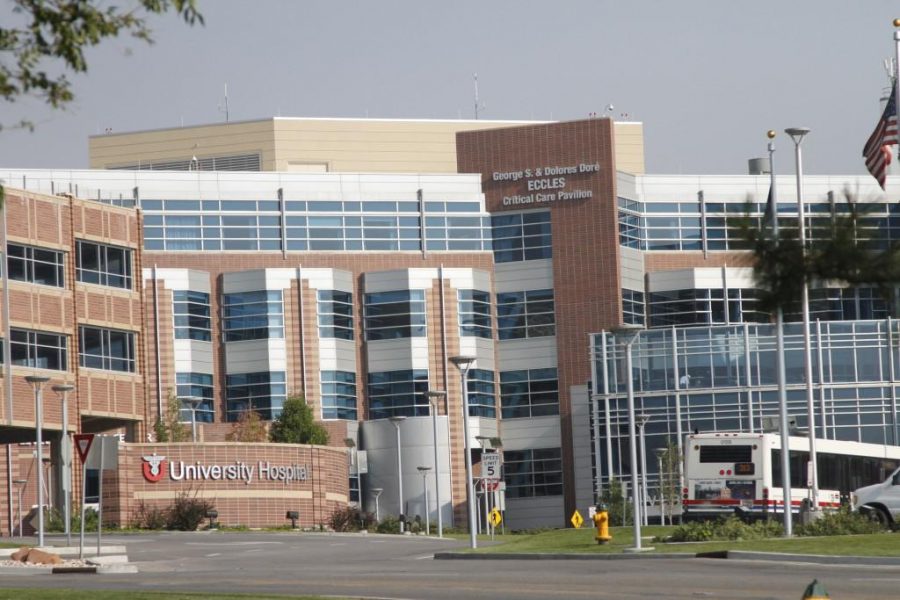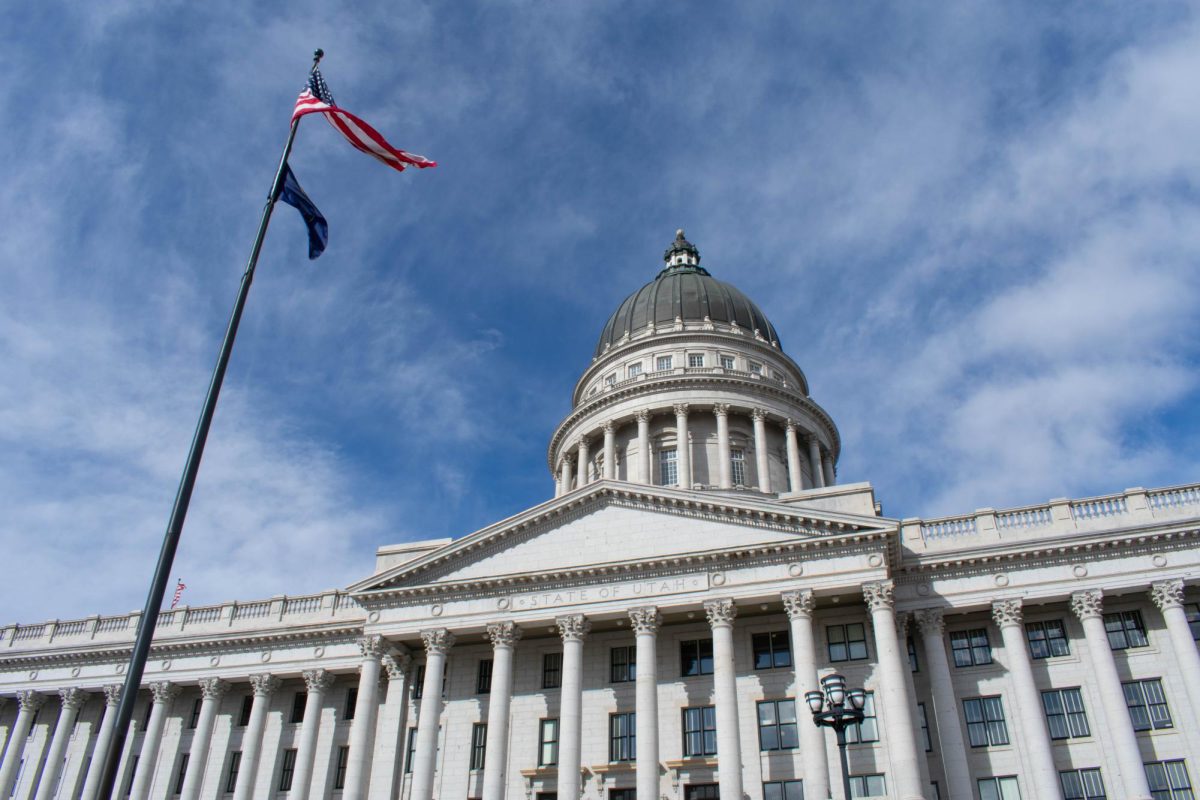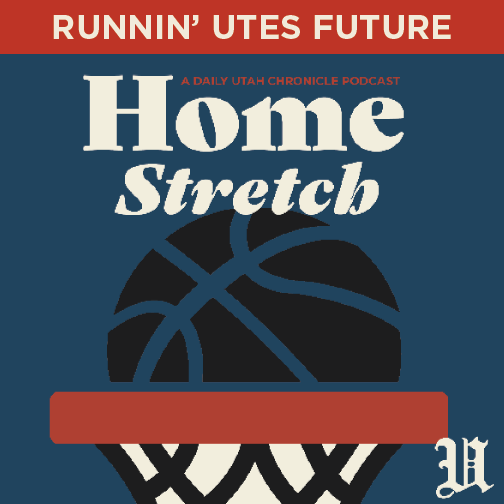Scott: Cut Teachers Some Slack This Fall
September 2, 2020
Teaching has never been an easy gig, but the responsibility of guiding young minds through a pandemic and civil unrest is unimaginable. Teachers are expected to take the turbulence in stride, as children will suffer from a stalled education and frankly, some form of childcare is necessary for the gears of the economy to grind back to life. They are tasked with ensuring that their students without computers or internet access perform as well as their more affluent classmates. Amidst the chaos, they must soldier on despite inadequate PPE, foot the bill for extra school supplies and make themselves increasingly available to nervous parents.
The line between work and home has never been more blurred, and on top of managing the logistics of teaching with limited resources, teachers are doing so under backbreaking pressure. Very few of us could handle the educational and emotional needs of 20-30 students on a good day, yet almost everyone has an opinion on how teachers should teach and, implicitly, how they fail to do so.
Much has been changed by the pandemic, but this criticism has persisted — if not grown. In some areas, teachers are attacked for enforcing mask mandates (which they did not themselves order) or at the very least encouraging students to wear them. The most extreme critics have gone so far as to accuse teachers of using masks to break their students’ spirit and secretly promoting Sharia Law as if the first thing on teachers’ minds is how best to weaponize their classrooms.
Rhetoric like this is not insignificant. The steady rise of extreme and conspiratorial rhetoric over the last few decades has poisoned many aspects of our lives, and to weaponize it against teachers now is to callously spit in their face — even as they help many of us get back to work. To posit that all 3.2 million American teachers are agents of the New World Order tasked with warping the minds of the youth severely overestimates the likelihood that many people are capable of keeping a secret.
The fear of brainwashing (which, for the record, is not a real thing) runs deep in the American psyche, and now it is being projected onto teachers. Whether they ask students to wear masks or discuss current events, it is often assumed that teachers are acting with ill-intent. Some teachers are concerned about how to best teach tolerance in the digital classroom, as the lessons may potentially ruffle the feathers of disagreeing parents. Others worry that, against their best efforts, their work will be taken out of context.
But the best teachers know how to make their lessons relevant to students, even if it means acknowledging the pandemic and protests. According to studies published in the journals Nature; Science; and Mind, Brain, and Education, students “need a personal connection to the material, whether that’s through engaging them emotionally or connecting the new information with previously acquired knowledge.”
This may be a difficult time to be a teacher, but it is also a scary time to be a student. Children are aware of the world around them, and right now it is in an unstable, overwhelming state. Shielding them from the news and hushed discussions among adults only goes so far — children have a knack for ferreting out the forbidden and are empowered to do so through their increasing access to the internet. Neglecting to give them an optimistic, yet realistic, framework to navigate the chaos may lead to a lack of confidence and resilience — traits that future generations with sorely need.
As we begin the bumpy journey back to school, the last thing we should do is accuse teachers of intentionally harming their students. No one is a secret Illuminati agent — they are normal people operating under unique pressure. If anything, they are likely to be just as unhappy with their classroom conditions as anyone else is and deeply worried about their students. Teachers do not deserve to bear the brunt of everyone’s frustration and anxiety. We should be grateful and supportive of the people who are putting their time, money and health on the line to keep kids in school.











